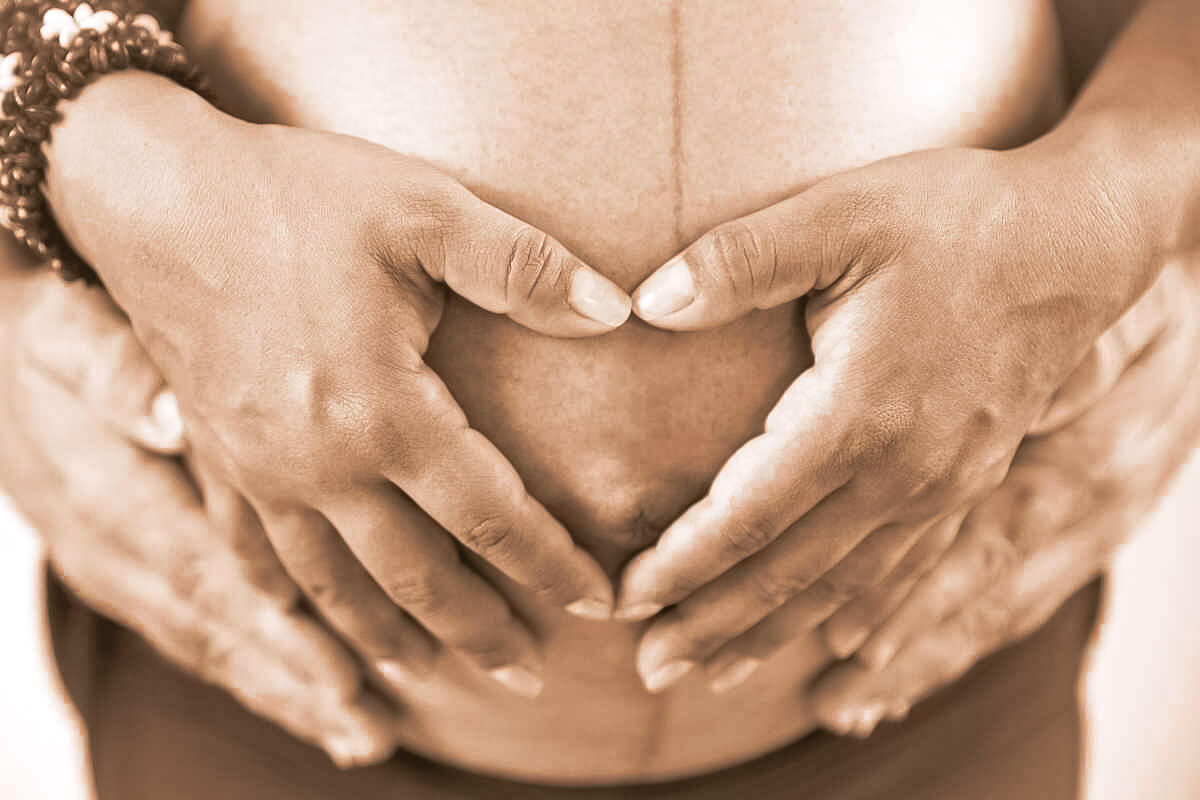
The maternal instinct: does it really exist or not?
Maternal instinct is a controversial subject in its own right. So what do you need to know about it? Find out all in this article.
With pregnancy, every woman tends to ask herself a lot of questions, especially when it comes to when she will finally hold her child in her arms. Of course, several fears often arise with these reflections.
Will she love him right away? Will she have a maternal instinct from birth? And if not? These are normal questions, but it is still important to find answers to them. Discover everything in this article about the maternal instinct.
What do we mean by maternal instinct?
We often hear about maternal instinct when we see a pregnant woman. But what does that really mean? Well, some psychology experts don’t really like to use that term.
Indeed, speaking of instinct, this means that every future mother should be able to feel it systematically. This is like the survival instinct, for example, which is triggered in dangerous situations.
In this case, we no longer speak of maternal instinct, but more of maternal love. It is a term that is becoming increasingly popular and is also used very often. Talking about love instead of instinct, states that everyone can have different levels as well as multiple ways of loving. This makes a lot of people feel guilty.
Moreover, this is how it is possible to conclude that what is commonly called maternal instinct can develop over time. It can also develop with the actions taken towards the baby.
Indeed, maternal love concerns everything that can make baby happy. This means that it can be talked about when it comes to feeding it, changing it, interacting with it, etc. It is the fact of satisfying his vital needs.
Maternal instinct and related fears
Very often, when you are expecting the arrival of your child, whether it is the first or not, you can feel a lot of fear. Most women dread the fact of not being able to love him right away and this is the subject of many difficulties. However, it should be noted that doubt is completely normal, especially in a situation like this.
That being said, it is important to know that unlike animals, humans do not have a similar maternal instinct. This is due to the fact that our brain is unique, which means that it does not only function under the influence of hormones. We can have a certain power of judgment and this obviously plays a big role in maternal love and its establishment.
Moreover, it should also not be forgotten that instinct is directly influenced by culture. He is even dominated by it and this is also important for maternal love and what is called maternal instinct.
Therefore, among the factors that can influence it, it is possible to cite:
-
The psychic characteristics of each;
-
The story of each future mother;
-
The particular course specific to each one.
It is all this together that will determine the appearance of the maternal love that it is possible to bring to your child. Although you have fears, by retracing this, you can find some common sense.
Is maternal instinct an innate ability?
Contrary to what one might think, maternal instinct is far from being an innate ability. The bond between the mother and her child is not always made, which is quite normal.
This is the reason why some women immediately feel a certain upheaval as soon as they take their child in their arms for the first time. Other mothers do not feel it immediately, it is why it is high time to feel guilty about this.
During the first few days after delivery, it is completely normal to feel disoriented and not feel much about your baby. We must not forget that the mother has experienced events that can be judged as traumatic.
She therefore needs this time of transition to learn to familiarize herself with her new mission as a mother and to be able to develop all the necessary feelings towards her child.
The maternal instinct and postpartum depression
Maternal instinct or love can sometimes be delayed due to a reason that is spreading more and more: postpartum depression. When the pregnancy comes to an end, many women can suffer from it and it can be the result of hormonal changes.
Anyway, the birth of a baby can be accompanied by a lot of questions as well as a lot of fears and the baby blues can lead to a certain type of indifference from the mother towards
.jpg)


